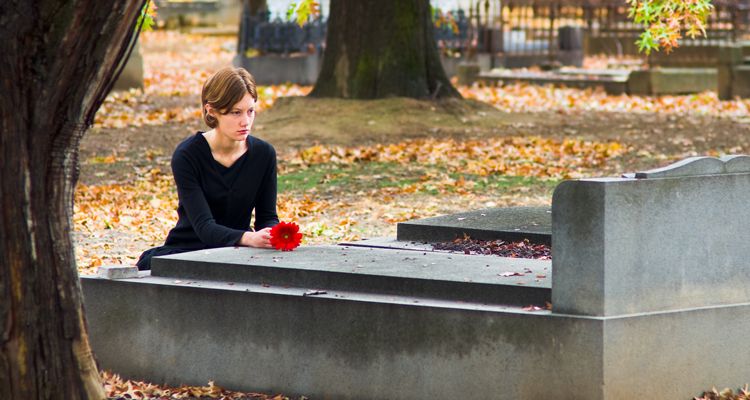Long-Term Ways To Help Someone Grieving
There are many things you can do to support the bereaved in the months and years following a death.

For many people, grief lasts a very long time, and accepting the loss and the new reality of life without the person who died can be very painful. This pain can make many once-normal activities difficult. In addition, when some people experience overwhelming sadness they may tend to neglect themselves, their responsibilities, and their environments, which can ultimately compound feelings of sadness and debilitation. While grief of this magnitude may sound rare, it is not. And while it may sound like there’s nothing you can do to help, there are many things you can do.
Child Care
If the bereaved has children, you may consider babysitting once a week or once every few weeks. Not only does this give the person a break from the responsibilities of parenting, but the child might be suffering, too, and would probably enjoy doing something fun. Taking a kid to the movies, a museum, or a park for a few hours each week can make a small difference in everyone’s life.
Helping The Bereaved Stay Healthy
Staying physically healthy is an important way to stay emotionally healthy. Supporting healthy eating and exercise are two ways you can help the bereaved take care of himself or herself. If you cook, consider making a double batch of a dish once a week and bringing it to the person. If the person cooks, you might do occasional grocery shopping to make sure there are fresh fruits and vegetables in the house. Invite the bereaved to take a walk with you once a week, go for a bike ride, or attend a gym class together.
To coordinate a meal registry for someone who has experienced a loss, use our resource Guide: Meal Registries.
Household Help
Keeping the home clean and neat can help the person feel more in control of his or her environment and self. This doesn’t mean you need to clean the bereaved's house on a regular basis (though you can). But you might consider helping the person out with household tasks in more subtle ways, such as doing laundry together, working in the yard together, or hanging out and doing dishes.
Attending Support Groups
If the bereaved is in a support group, you might offer to go with him or her to a meeting. This can be a way of showing how committed you are to the person, and can make the bereaved feel very cared for. If the bereaved is not in a support group but you think he or she might benefit from one, you might consider suggesting that the two of you attend a meeting together. While some people are open to this kind of thing, others are not, so be prepared to be declined, and don’t take it personally.
Getting Rid Of The Deceased’s Things
Getting rid of things that belonged to the person who died can be an especially painful experience. While some people prefer to do this on their own and in their own time, others will need support. If you offer to help the bereaved go through the deceased’s clothing to donate it to charity, be aware that this will likely be a very emotional experience for both of you.
Be Aware Of Difficult Days
Especially in the first year after a death, there are certain days and seasons that will be particularly challenging, such as birthdays, anniversaries, and holidays. On these days, you may want to reach out to the bereaved to express your care and support.
- How To Express Sympathy: What To Say And What...We’ve compiled a list of things to say—and things to avoid saying—when...Read more
- A Quick Overview Of Proper Funeral EtiquetteFunerals are emotionally complex, and knowing how to act can present a...Read more
- 10 Things To Do After A DeathIt’s a difficult time, emotions are raw and there’s a lot to organize.Read more
- What To Wear To A Funeral Or Memorial ServiceIn many cultures black is the traditional color of mourning, however the...Read more



